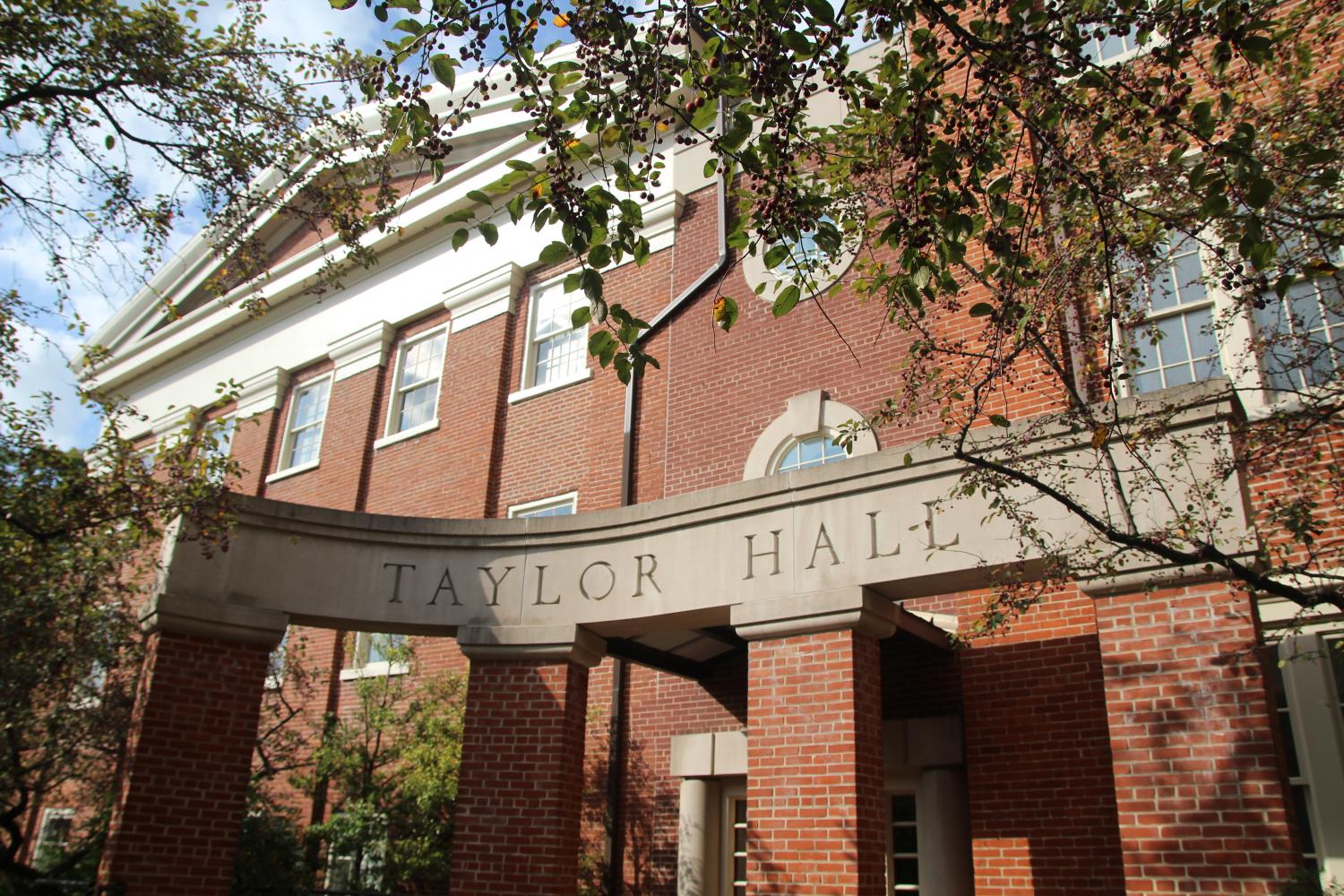Introducing the College of Management
Continuing a tradition of innovation
August 31, 2017
The University’s School of Management announced its official change to the College of Management in June, a transition that has expanded and evolved the College into an accredited program recognized for its innovative curriculum.
“With a college structure, our faculty have more autonomy over the curriculum and can be more nimble with curricular changes,” Dean of the College of Management and first-ever Kenneth W. Freeman Professor Raquel Alexander said. “This will mean more electives and greater flexibility in study abroad for majors and non-majors alike.”
While many of the changes will take place behind the scenes, some noticeable changes are already taking place this semester.
Professor of Management Neil Boyd and Associate Professor of Management Eric Martin, along with Assistant Dean of Management Ivy Kepner, have revamped the introductory course MGMT 100 to focus on emerging issues in management. Students will be grouped into learning communities and attend events outside of class, and upperclassmen will lead the teams and serve as unofficial first-year mentors.
“Eric Martin and I decided to frame the course around Big Questions and critical thinking … we’re challenging students with questions like: Do we need management history? A crisis of consumerism? Compliance or championing responsibility? Are humans ‘existing’ at work?” Boyd said. Martin also pointed out that the introductory course will help introduce first-years to University faculty, inviting guest speakers to attempt to answer these big questions.
This past year, the College of Management signed the United Nations Principles for Responsible Management Education, which “Dean Alexander is strongly supporting in ways in which we can continue to integrate sustainability and responsibility into the core mission and strategy of the college,” Boyd said. Boyd added that he is looking forward to serving as chair of the college’s strategic management committee.
This fall’s Walling Speaker Series, hosted by the College of Management, will invite speakers to share insights on building brands, developing leaders, creating a strategic vision, and global impacts. In particular, this year’s series features increased student involvement, including student dinners with speakers, introductory remarks by students, and extended question and answer sessions.
Management courses will continue to be open to non-management majors as well, including the College’s nationally recognized course MGMT 101. Just this past June, the Journal of Management Education dedicated a feature to the history of the course and experimental management education.
The transition will also continue to enhance the College’s reputation, as the name change increases students’ visibility among employers and opens more doors to internship and job opportunities.
“I am absolutely thrilled that the School of Management has expanded into the College of Management. I think it will help bring in more students and create a greater presence on campus,” Markets, Innovations, and Design major Caitlin Mahoney ’19 said. “What I’m most interested to see, however, is if Bucknell will lose great applicants into the University as a whole because you can no longer transfer into management post-acceptance into Bucknell.”
“Our curriculum and programming are world-class. Faculty have designed courses that are highly experiential and offer students real-world experiences in consulting, forming start-ups, and managing investment portfolios,” Alexander said, reflecting on the college’s innovative curriculum.
In the future, the College of Management plans to continue offering foundation seminars and integrated perspective courses, as well as investing in interdisciplinary minors. Associate Professor of Management Michael Johnson-Cramer is using his sabbatical year to develop an integrated perspectives course in arts entrepreneurship.
“The next steps are to build out international opportunities, offer site-based learning during the breaks and summer, and explore ways to provide more students across the University these transformative experiences,” Alexander said.






















